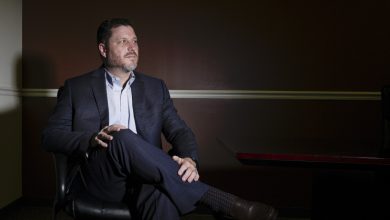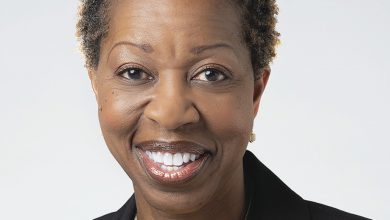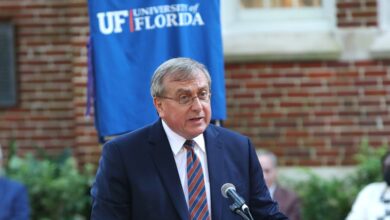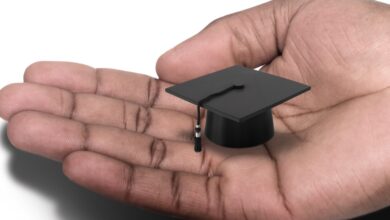U. of Florida Faculty Senate Condemns Process That Tapped Ben Sasse as Next President
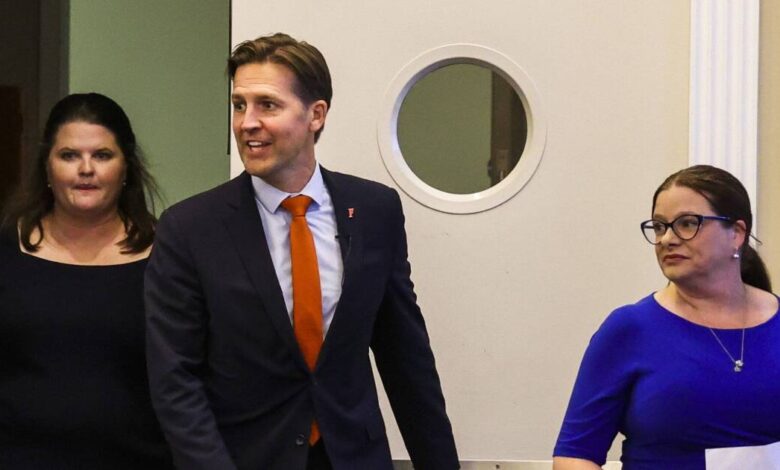
[ad_1]
Days before the likely appointment of U.S. Sen. Benjamin E. Sasse as the next president of the University of Florida, the institution’s Faculty Senate on Thursday voted no confidence in the selection process that ended with him as the sole finalist.
Florida’s Board of Trustees will formally interview Sasse, Republican of Nebraska, on Tuesday and vote on his appointment.
The faculty group’s resolution, which passed by a vote of 67 to 15, took aim at Florida’s presidential-search committee and its secretive selection of Sasse this month. The search process “has undermined the trust and confidence of the University of Florida Faculty Senate in the selection of the sole finalist Dr. Ben Sasse,” the resolution says.
When the presidential-search committee’s unanimous approval of Sasse was announced, the selection spurred controversy for its lack of transparency: The other finalists were not named due to the Sunshine State’s new law that allows public colleges to preserve the anonymity of presidential candidates.
The Faculty Senate’s resolution states that it lacks confidence because the selection process prevented the faculty from being informed of other candidates. The resolution also states: “The next president should come already equipped to lead an institution of this caliber rather than aiming to learn on the job. Anything less will result in a lack of faith in leadership.”
Faculty members voted on the resolution following a discussion that became heated at times.
Presiding over the vote was the Faculty Senate’s chair, Amanda J. Phalin, a senior lecturer in the university’s business school who has repeatedly voiced strong support for Sasse’s appointment.
Before the vote took place, Lisa K. Lundy, a search-committee member and professor of agricultural education and communication, spoke to the Senate about her role in the process.
“I love our students, and I want to see this university be the best it can be — that was my motivation” to serve on the committee, Lundy said. “I didn’t have any motivation to choose a certain candidate, and I was never encouraged to choose a certain candidate along the way.”
When she met with all the presidential candidates, Lundy said, Sasse impressed her as the one who could best fulfill the job’s requirements.
Lundy also read a statement from David Mitchell, an associate professor of public administration who also served on the search committee. The statement expressed support for Sasse’s selection, and read, “There’s no mystery or undue process to uncover. He was the committee’s top pick for the role.”
After the committee picked Sasse, faculty members voiced a range of strong reactions. Some professors expressed opposition to his stance on gay marriage, abortion, and climate change. Other faculty members questioned whether he had enough experience to lead one of the country’s largest research institutions.
Before being elected to the Senate, in 2014, Sasse served for five years as president of Midland University, a small Lutheran institution in his native Nebraska.
Students were also vocal about the selection. Nearly 1,000 protesters swarmed outside a campus forum that featured Sasse this month. The protest, which involved “banging on windows, walls, and furniture,” prompted the university to announce that it would enforce a ban on protests inside academic buildings, the Associated Press reported.
Florida’s search committee contacted more than 700 potential applicants for the post, and “a dozen highly qualified diverse candidates,” including nine sitting presidents at major research universities, were identified, the Tampa Bay Times reported.
Meanwhile, other Florida universities have struggled to attract leadership candidates in recent months.
The University of Florida has been roiled by controversy over the past year. The institution made national headlines after forbidding faculty members to testify against the State of Florida in a voting-rights lawsuit, igniting complaints that the decision — later reversed — violated the professors’ academic freedom.
If appointed, Sasse would succeed W. Kent Fuchs, who announced in January that he would step down and rejoin the faculty after seven years as president.
Earlier in his career, Sasse taught history as an assistant professor at the University of Texas at Austin. He holds undergraduate and graduate degrees from, respectively, Harvard and Yale Universities.
[ad_2]
Source link


